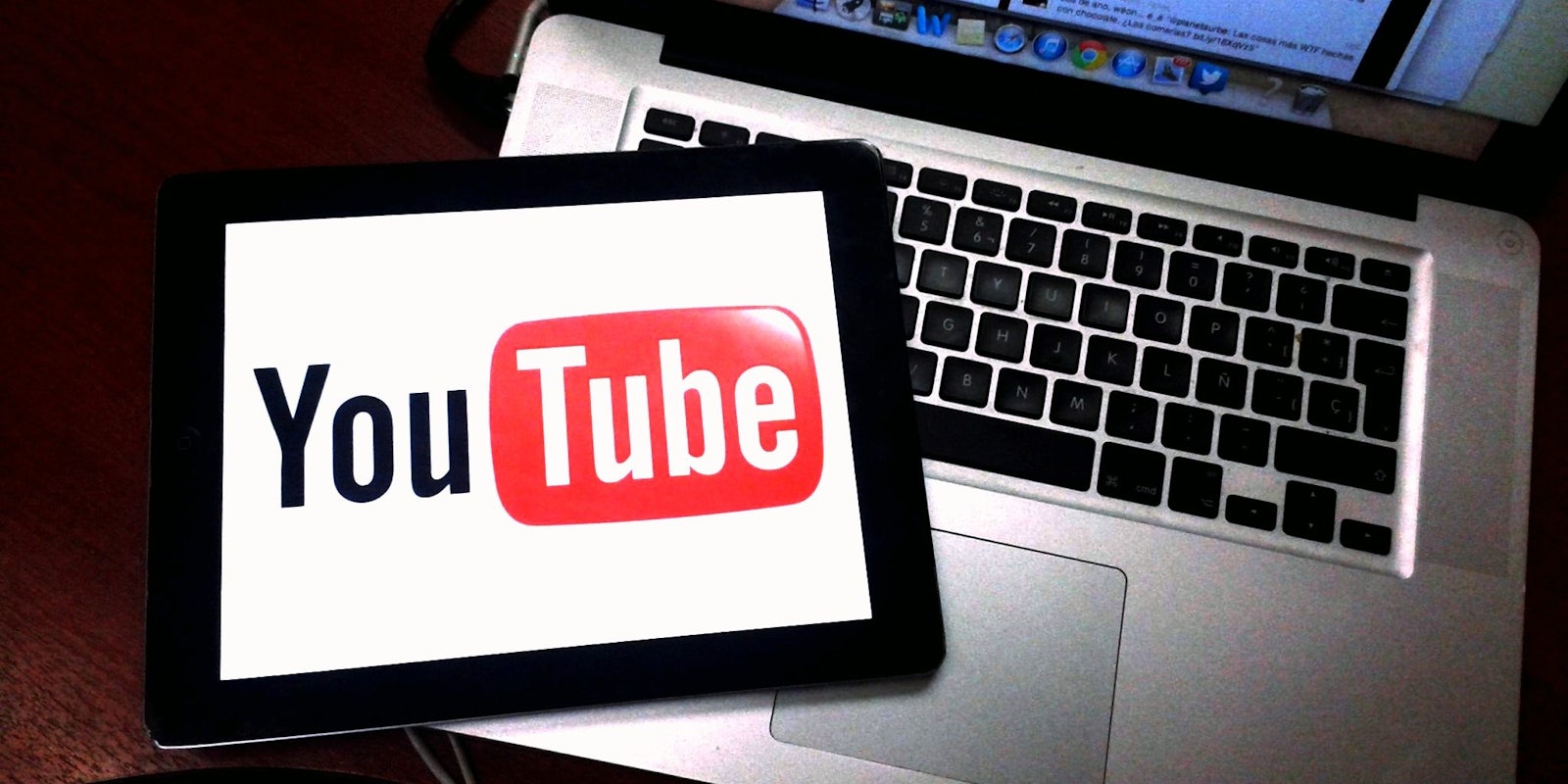Some of the biggest advertisers in the United States announced that they’re temporarily halting their YouTube and Google non-search ad budgets Wednesday, citing concern that they aren’t doing enough to ensure clients’ ads aren’t being matched with hate speech and other offensive content.
AT&T, Johnson & Johnson, Verizon, and Enterprise were among the brands to announce a boycott, joining the British government, the Guardian, pharmaceutical company GSK, and muti-national French advertising firm Havas who announced their own boycotts over the past several days. The deluge started after an investigation from The Times of London revealed that ads for Mercedes-Benz and Marie Curie were running “next to jihadist and neo-Nazi content.” Obviously not ideal if you’re in the business of selling products to a broad audience.
Update: Verizon, in addition to AT&T, has suspended YouTube ads over hate-speech videos https://t.co/lfBlQ08tz6
— Variety (@Variety) March 22, 2017
In a statement to CNBC, AT&T said, “We are deeply concerned that our ads may have appeared alongside YouTube content promoting terrorism and hate. Until Google can ensure this won’t happen again, we are removing our ads from Google’s non-search platforms.”
On Google’s end, it maintains its automatic filtering system prevents ads from running with inappropriate material “in the vast majority of cases.” According to the New York Times, “It also said it added thousands of sites to its ad network every day, as well as 400 hours of video to YouTube every minute.”
But major brands don’t seem to be comforted by a “most of the time” guarantee, and are willing to hit the tech giants where it hurts until they develop a stronger system.
H/T the New York Times


